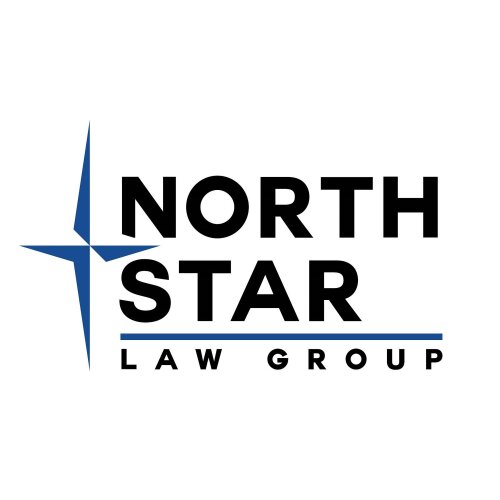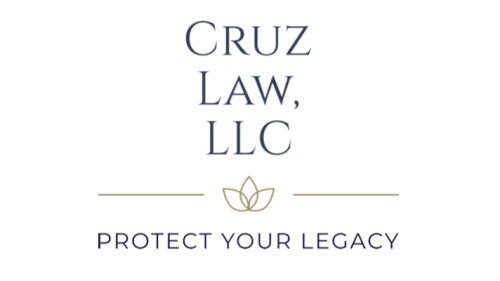Best Collaborative Law Lawyers in Anchorage
Share your needs with us, get contacted by law firms.
Free. Takes 2 min.
Free Guide to Hiring a Family Lawyer
List of the best lawyers in Anchorage, United States
About Collaborative Law in Anchorage, United States
Collaborative Law is a method for resolving legal disputes outside of court through open communication and negotiation. In Anchorage, United States, Collaborative Law is a popular choice for individuals seeking a more amicable and cost-effective approach to resolving legal issues.
Why You May Need a Lawyer
You may need a lawyer in Collaborative Law to ensure your rights are protected and to help negotiate fair agreements. Lawyers can also provide legal advice and guidance throughout the collaborative process, helping you reach a favorable outcome.
Local Laws Overview
In Anchorage, United States, Collaborative Law follows the guidelines set forth by state laws. It is important to work with a lawyer who is familiar with local laws and regulations to ensure your collaborative process is in compliance with legal requirements.
Frequently Asked Questions
1. What is Collaborative Law?
Collaborative Law is a process where parties work together to resolve legal issues through negotiation and communication, without going to court.
2. How is Collaborative Law different from mediation?
Collaborative Law involves each party having their own lawyer, while mediation typically involves a neutral mediator who helps facilitate communication between parties.
3. Can Collaborative Law be used for divorce cases?
Yes, Collaborative Law can be used for divorce cases to help spouses reach agreements on issues such as child custody, support, and division of assets.
4. How long does the Collaborative Law process usually take?
The length of the Collaborative Law process varies depending on the complexity of the issues involved and the willingness of the parties to communicate and negotiate.
5. What happens if the Collaborative Law process is unsuccessful?
If the Collaborative Law process is unsuccessful, the parties may choose to pursue other legal options, such as traditional litigation.
6. Can I switch to a different lawyer during the Collaborative Law process?
Yes, you have the right to switch to a different lawyer at any point during the Collaborative Law process if you feel your current lawyer is not adequately representing your interests.
7. Are the details of Collaborative Law negotiations confidential?
Yes, Collaborative Law negotiations are confidential, and discussions and documents shared during the process cannot be used in court proceedings.
8. How can I find a Collaborative Law lawyer in Anchorage?
You can search for Collaborative Law lawyers in Anchorage through online directories, bar associations, and recommendations from friends or family members.
9. How much does Collaborative Law typically cost?
The cost of Collaborative Law varies depending on the complexity of the issues involved and the amount of time spent on negotiations. It is typically more cost-effective than traditional litigation.
10. What are the benefits of using Collaborative Law?
Some benefits of using Collaborative Law include saving time and money, maintaining control over the outcome, and preserving relationships with the other party.
Additional Resources
For more information on Collaborative Law in Anchorage, United States, you can visit the Alaska Bar Association website or contact local legal aid organizations for assistance.
Next Steps
If you are in need of legal assistance in Collaborative Law in Anchorage, United States, the first step is to schedule a consultation with a Collaborative Law lawyer to discuss your case and explore your options for resolving your legal issues through negotiation and communication.
Lawzana helps you find the best lawyers and law firms in Anchorage through a curated and pre-screened list of qualified legal professionals. Our platform offers rankings and detailed profiles of attorneys and law firms, allowing you to compare based on practice areas, including Collaborative Law, experience, and client feedback.
Each profile includes a description of the firm's areas of practice, client reviews, team members and partners, year of establishment, spoken languages, office locations, contact information, social media presence, and any published articles or resources. Most firms on our platform speak English and are experienced in both local and international legal matters.
Get a quote from top-rated law firms in Anchorage, United States — quickly, securely, and without unnecessary hassle.
Disclaimer:
The information provided on this page is for general informational purposes only and does not constitute legal advice. While we strive to ensure the accuracy and relevance of the content, legal information may change over time, and interpretations of the law can vary. You should always consult with a qualified legal professional for advice specific to your situation.
We disclaim all liability for actions taken or not taken based on the content of this page. If you believe any information is incorrect or outdated, please contact us, and we will review and update it where appropriate.
















